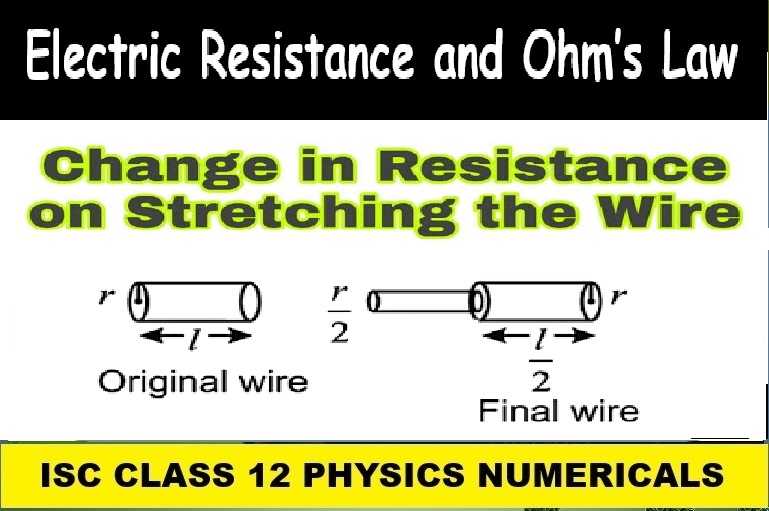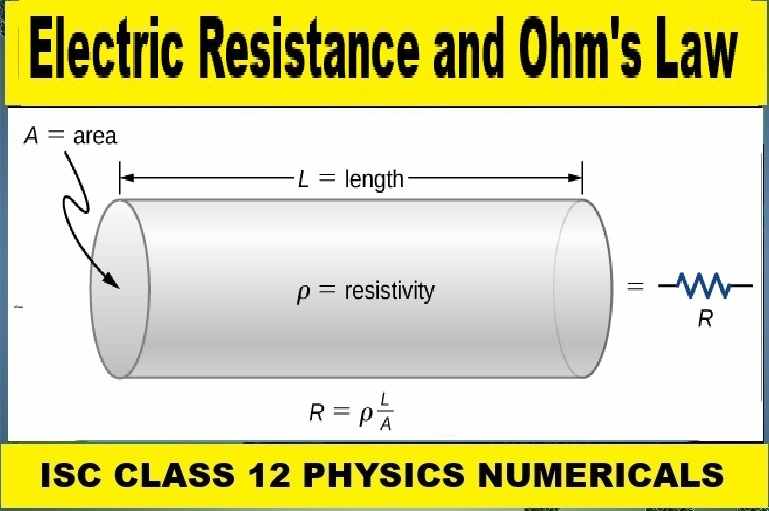Macbeth Act 2 Scene 1: ISC Workbook Questions Answers of All type. You can get Answers of Context Questions. All the solutions has been fully adopted with council prescribe guideline. These question are short answer type. Visit official website CISCE for detail information about ISC Board Class-11/12 English

Macbeth Act 2 Scene 1: ISC Workbook Questions Answers
| Board | ISC |
| Publishers | Evergreen Publications |
| Subject | English |
| Class | 11 / 12 |
| Book Name | Macbeth (Workbook ) |
| Session | 2023-24 |
| Topics | Solutions of Act-2, Scene-1 |
| Question Type | Short Ans of Context Questions |
Macbeth Act 2 Scene 1
ISC Workbook Short Questions Answers / Solutions of Context
Read the extracts given below and answer the questions that follow:
Question: 1.. Who does Banquo ask to hold his sword?
Answer: Banquo asks Fleance, his son, to hold his sword.
Question: 2. What are the ‘cursed thoughts’ that run through Banquo’s mind?
Answer: With’ cursed thoughts’, Banquo is referring to the prophecies of the witches. He has been dreaming about them and is troubled by the thoughts that are coming to him in his sleep. These thoughts are ‘cursed’ because they are disturbing his peace and potentially foretelling a dark future.
Question: 3.What pertinent question does Banquo ask Macbeth?
Answer: Banquo asks Macbeth about the witches’ prophecies, saying, “I dreamt last night of the three weird sisters: To you they have showed some truth.”
Question: 4. What is the latter’s ( Macbeth) reply?
Answer: Macbeth replies, “I think not of them. Yet, when we can entreat an hour to serve, we would spend it in some words upon that business, if you would grant the time.”
Question: 5. What does Macbeth tell Banquo which clearly implies that he wants Banquo to be an accomplice in his evil designs?
Answer: Macbeth tells Banquo, “If you shall cleave to my consent, when ’tis, It shall make honour for you,” implying that he wants Banquo to support his plans, which will bring honour to Banquo.
Question: 5. How does Banquo react / reply to Macbeth’s suggestion?
Answer: Banquo reacts/reply to Macbeth’s suggestion by saying that he will support Macbeth as long as he can do so with a clear conscience and without compromising his loyalty.
Question: 6. Why is Macbeth waiting for Lady Macbeth to strike the bell?
Answer: Macbeth is waiting for Lady Macbeth to strike the bell as a signal. The bell is a cue that everything is ready for him to proceed with their plan to murder King Duncan.
Question: 7. What does Macbeth see in front of him?
Answer: Macbeth sees a dagger in front of him. This dagger is not a physical object but a hallucination or a “dagger of the mind” created by his fevered brain.
Question: 8. What does the object show Macbeth?
Answer: The dagger appears to him as a real and tangible object, with its handle pointing towards him, as if inviting him to grab it. The dagger is also covered in blood, which was not there before, indicating the violent act that Macbeth is about to commit
Question: 9 What are Macbeth’s thoughts regarding the object he sees?
Answer: Macbeth is both fascinated and horrified by the hallucination of the dagger. He is aware that it is a product of his fevered mind and not a real, physical object.
The appearance of blood on the dagger, which was not there before, further intensifies his feelings of dread and anticipation.
Question: 10. Why does Macbeth feel that night is the appropriate time to commit the deed?
Answer: because it provides him with the cover of darkness. The night is when “half the world is asleep and being deceived by evil nightmares.” It’s a time when the natural world seems dead, and wicked dreams abuse the curtained sleep.
The darkness of the night allows his act, making easier for him to carry out his plan without being detected.
Question: 11. What is the bloody business to be performed by Macbeth?
Answer: The ‘bloody business’ to be performed by Macbeth is the murder of King Duncan, the king of Scotland.
Questions: 12. What has Macbeth imagined or just seen ?
Answer: Macbeth has just seen or imagined a dagger before him. This is not a real dagger but a hallucination,
Questions: 13. What thing of Macbeth waiting.
Answer: Macbeth is waiting for a signal (the ringing of a bell) from Lady Macbeth, which is being offered to him to indicate that the coast is clear for him to proceed with the murder.
Question: 13. What does Macbeth hear at the end of the scene?
Answer: At the end of the scene, Macbeth hears a bell ring.
Question: 14. Why does Macbeth not wish for Duncan to hear’ it’(bell)?
Answer: Macbeth does not wish for Duncan to hear the bell because it is a death knell for him, signifying his impending death. The bell, in this context, is a symbolic representation of Duncan’s summons to his afterlife, either to heaven or to hell.
Question: 15. Who does Macbeth not want to hear his steps? What does Macbeth fear the stones may do?
Answer: Macbeth does not want the earth to hear his steps. He fears that the stones may echo his location, revealing his whereabouts.
Question: 16. What sound is Macbeth waiting to hear? What is its significance?
Answer: Macbeth is waiting to hear the sound of a bell. Its significance is that it is a signal for him to go and commit the murder of King Duncan.
Question: 17. Who is the murderer? What kind of steps will the murderer take? To whom are his steps compared to?
Answer: Macbeth is the murderer. He will take stealthy, quiet steps, compared to the silent strides of Tarquin, a legendary Roman prince who is infamous for his rape of Lucretia.
Question: 18. How is the murderer supposed to move? Why?
Answer: The murderer, Macbeth, is supposed to move stealthily, like a ghost. This is to avoid detection as he goes to commit the murder.
Question: 19. Where will the sound summon Duncan to? Who rouses the murderer to commit the deed of murder?
Answer: The sound will summon Duncan to either heaven or hell, indicating his impending death. Lady Macbeth rouses the murderer, Macbeth, to commit the deed of murder.
— : end of Macbeth Act 2 Scene 1: ISC Workbook Questions Answers : —
Return to : Macbeth Workbook Solutions: Act Wise Scene Wise for ISC Class 11/12
Please share with your ISC friends if helpful
Thanks for reading

